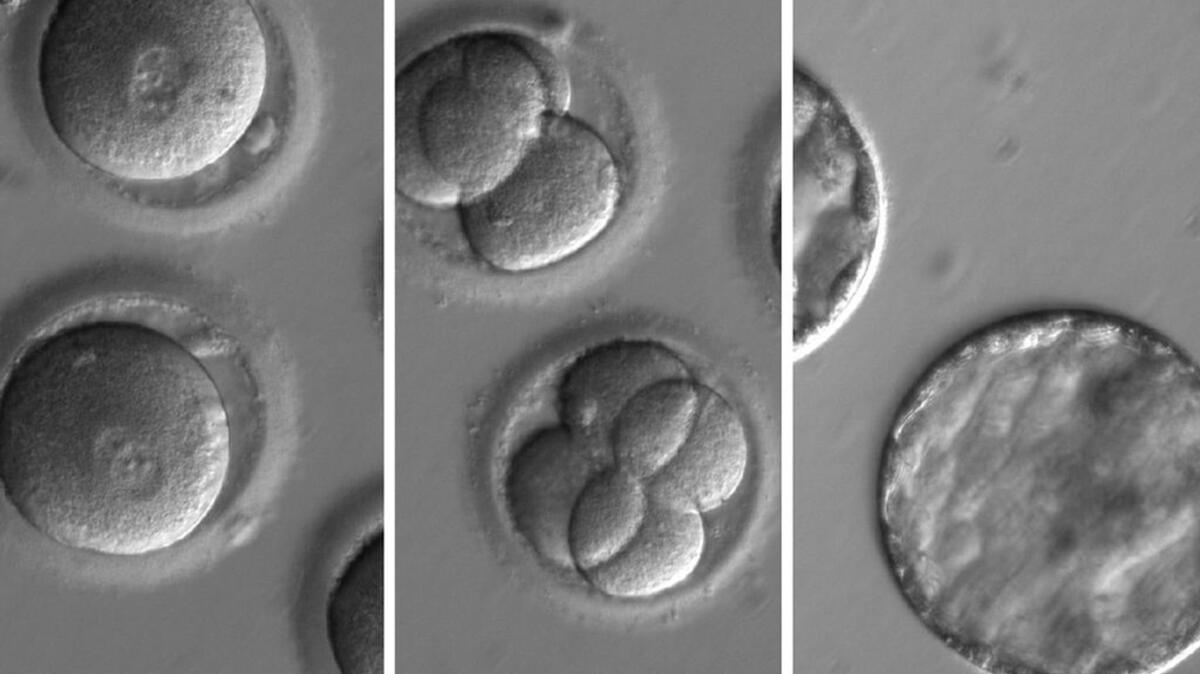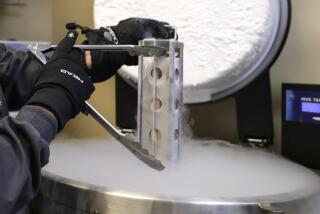Opinion: ‘Path to GMO humans’ presents ‘profound ethical issues’

To the editor: As pointed out in your editorial, the ethics related to gene editing are extremely complicated. This is especially true in today’s pragmatic culture. (“The path to GMO humans,” editorial, Aug. 4)
All so-called improvements are not good. Although much good can come out of gene technology, we could also be led down a very dangerous path.
That path could lead to disrespecting the dignity of humans, demeaning the disability community, enhancing a physical trait rather than treating a serious condition, creating further disparity between the rich and poor (it will be only the rich that will be able to afford it).
The idea of an international convention is good, but along with researchers, physicians, and consumer advocates that make up the constituency of such a convention, please add bona fide theologians to the list (many hospitals have added such consultants to their staffs).
Wesley Stalnaker, Valencia
..
To the editor: As The Times aptly counsels, human gene editing advances will present profound ethical issues.
But even as your editors aver that the “specter of eugenics” warrants incisive discussion, they omit a muddling factor: Human gene editing advances demonstrate that man is becoming ever more capable of playing “God.”
That poses an ominous conundrum. The long persisting stem-cell controversy suggests that many people believe religious tenets, rather than secular scientific principles, should provide gene editing guidance.
Problem is, which religion’s beliefs are to take precedence? Even among monotheistic faiths, notions of God and acceptable medical procedures vary greatly.
As The Times intimates, human gene editing advances will come much faster than universal agreement on underlying ethical issues. Look for faith-based dissension to dominate discussions.
Edward Alston, Santa Maria
Follow the Opinion section on Twitter @latimesopinion and Facebook
More to Read
A cure for the common opinion
Get thought-provoking perspectives with our weekly newsletter.
You may occasionally receive promotional content from the Los Angeles Times.






